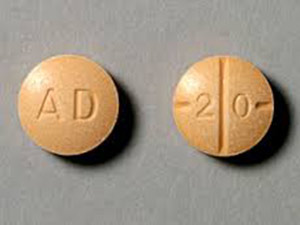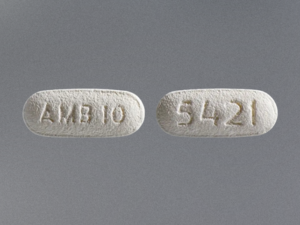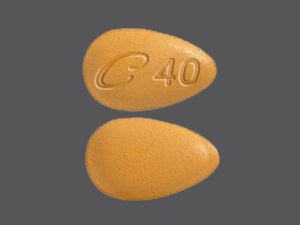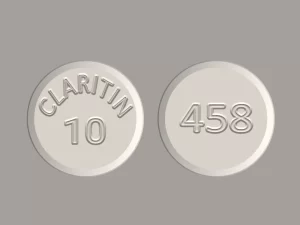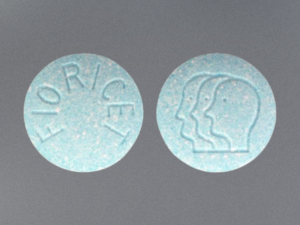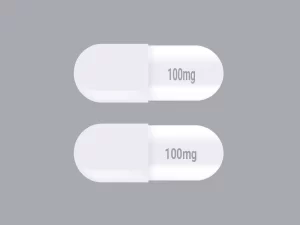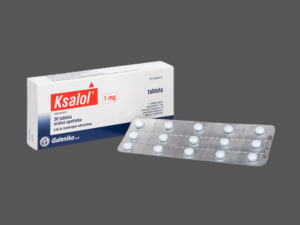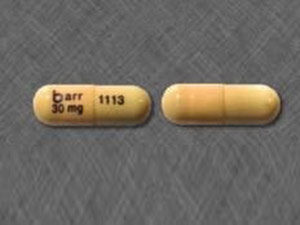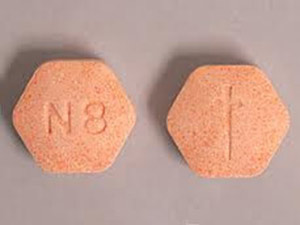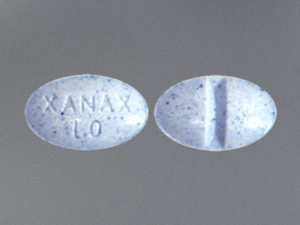Buy Valium Online
Showing all 2 resultsSorted by average rating
-
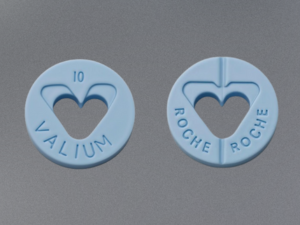
Valium 10mg
$341.00 Select options This product has multiple variants. The options may be chosen on the product page -
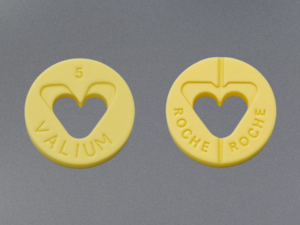
Valium 5mg
$331.00 Select options This product has multiple variants. The options may be chosen on the product page
What is Valium?
Buy Valium Online, also known as diazepam, is a powerful medication used to treat anxiety, alcohol withdrawal, and seizures. Additionally, it provides relief from muscle spasms and sedation before medical procedures.
How Does Valium Work?
Valium belongs to the benzodiazepine class of drugs, which enhance the activity of gamma-aminobutyric acid (GABA), a neurotransmitter in the brain. By boosting GABA’s effects, Valium helps relax muscles, reduce anxiety, and induce drowsiness.
Forms and Availability
Valium is available in various forms: tablets, oral solution, rectal gel, and injection. When buying Valium online, ensure it comes with a proper prescription label and medication guidelines.
Types and Strengths
Valium is available in the following strengths:
- 2 mg: White, round, flat-faced scored tablets with a V-shaped hole and bevelled edges, imprinted with “2 VALIUM” on the front and “ROCHE” twice on the scored side.
- 5 mg: Yellow, round, flat-faced scored tablets with a V-shaped hole and bevelled edges, imprinted with “5 VALIUM” on the front and “ROCHE” twice on the scored side.
- 10 mg: Blue, round, flat-faced scored tablets with a V-shaped hole and bevelled edges, imprinted with “10 VALIUM” on the front and “ROCHE” twice on the scored side.
Uses of Valium
Valium is prescribed for:
- Acute alcohol withdrawal
- Seizure disorders
- Skeletal muscle spasms
- Chronic sleep disorders
How to Take Valium
- Take Valium by mouth with or without food as prescribed by your doctor.
- Use a measuring device or spoon for the liquid form.
- The dosage depends on your medical condition, age, and treatment response.
- Do not increase your dosage or use it longer than prescribed.
- To avoid withdrawal symptoms, your doctor may reduce your dose gradually.
Dosage Information
- Anxiety Disorders: 2 mg to 10 mg, 2 to 4 times daily.
- Acute Alcohol Withdrawal: Start by taking 10 mg of the medication 3–4 times within the first 24 hours, then decrease the dosage to 5 mg 3–4 times daily as required.
- Skeletal Muscle Spasm: 2 to 10 mg, 3 to 4 times daily.
Warnings and Precautions
Before taking Valium, inform your doctor if you have:
- Allergies to diazepam or other benzodiazepines
- Muscle diseases like myasthenia gravis
- Breathing problems such as COPD or sleep apnea
- Mental health conditions such as depression or suicidal thoughts
- A history of drug or alcohol addiction
- Liver or kidney disease
- Glaucoma
Avoid alcohol or marijuana, as Valium can make you dizzy or drowsy. Ensure it is safe before driving or operating machinery.
Older adults might be more sensitive to side effects. Do not use Valium during pregnancy, as it may harm the unborn baby. Do not breastfeed while using Valium, as it can pass into breast milk and affect the baby.
Side Effects of Valium
Common side effects include:
- Dizziness
- Drowsiness
- Tiredness
- Blurred vision
- Unsteadiness
Serious side effects include:
- Mental or mood changes such as memory problems, agitation, hallucinations, confusion, restlessness, and depression
- Trouble speaking or walking
- Muscle weakness or tremors
- Trouble urinating
- Yellowing of eyes or skin
- New or worsening seizures
- Weak or shallow breathing
- Severe drowsiness
- Sign of infection, such as sore throat, fever, or chills
- Anxiety, panic attacks, or trouble sleeping
What to Avoid While Using Valium
Some drugs that may interact with Valium include:
- Clozapine
- Fluvoxamine
- Orlistat
- Sodium oxybate
- Phenytoin
Inform your doctor if you are using other medications such as:
- Opioid pain medicines or cough relievers (e.g., codeine, hydrocodone, oxycodone, methadone, tramadol)
- Drugs for sleep or anxiety (e.g., alprazolam, lorazepam, zolpidem)
- Muscle relaxants (e.g., carisoprodol, cyclobenzaprine)
- Antihistamines (e.g., cetirizine, diphenhydramine)
- Antidepressants, mood stabilizers, and antipsychotics
- Antacids
Always consult with your doctor or pharmacist for detailed information and guidance tailored to your health condition and needs.


